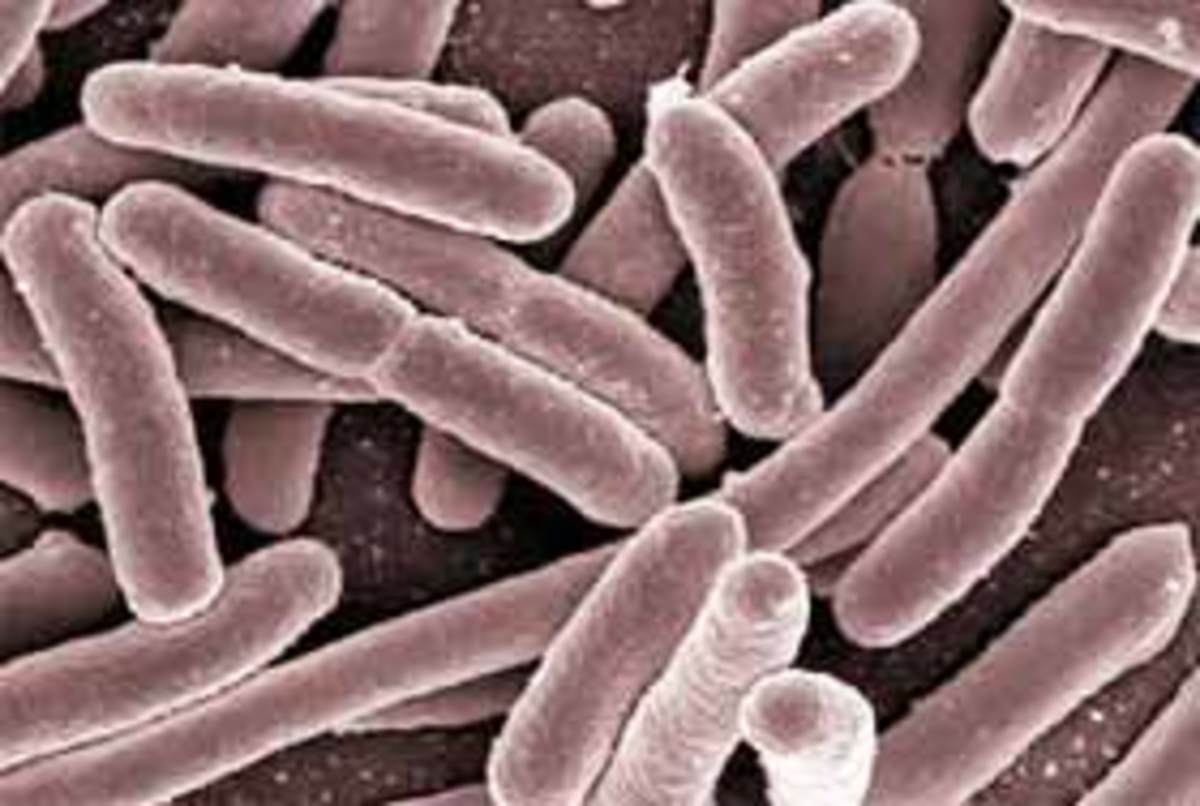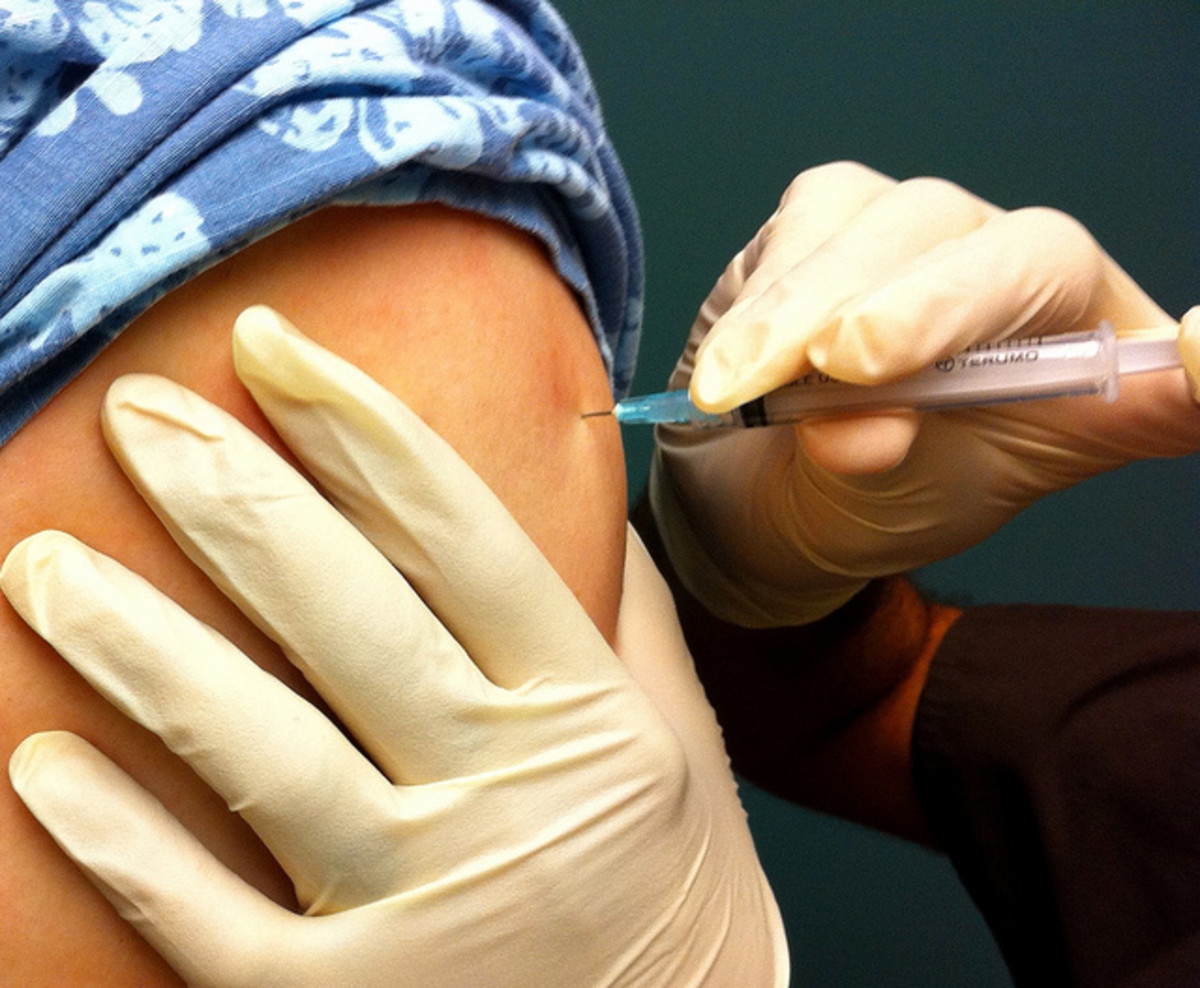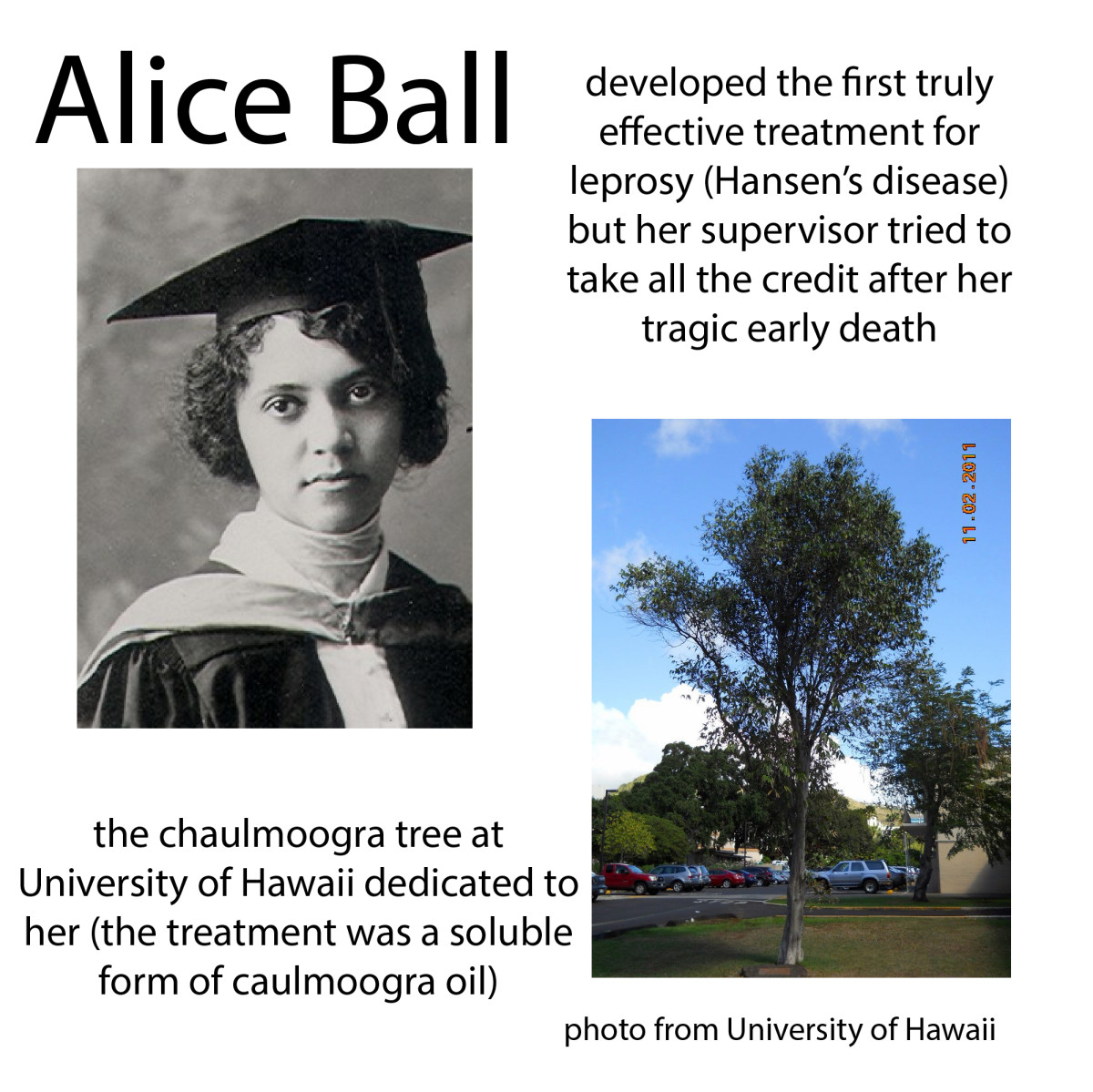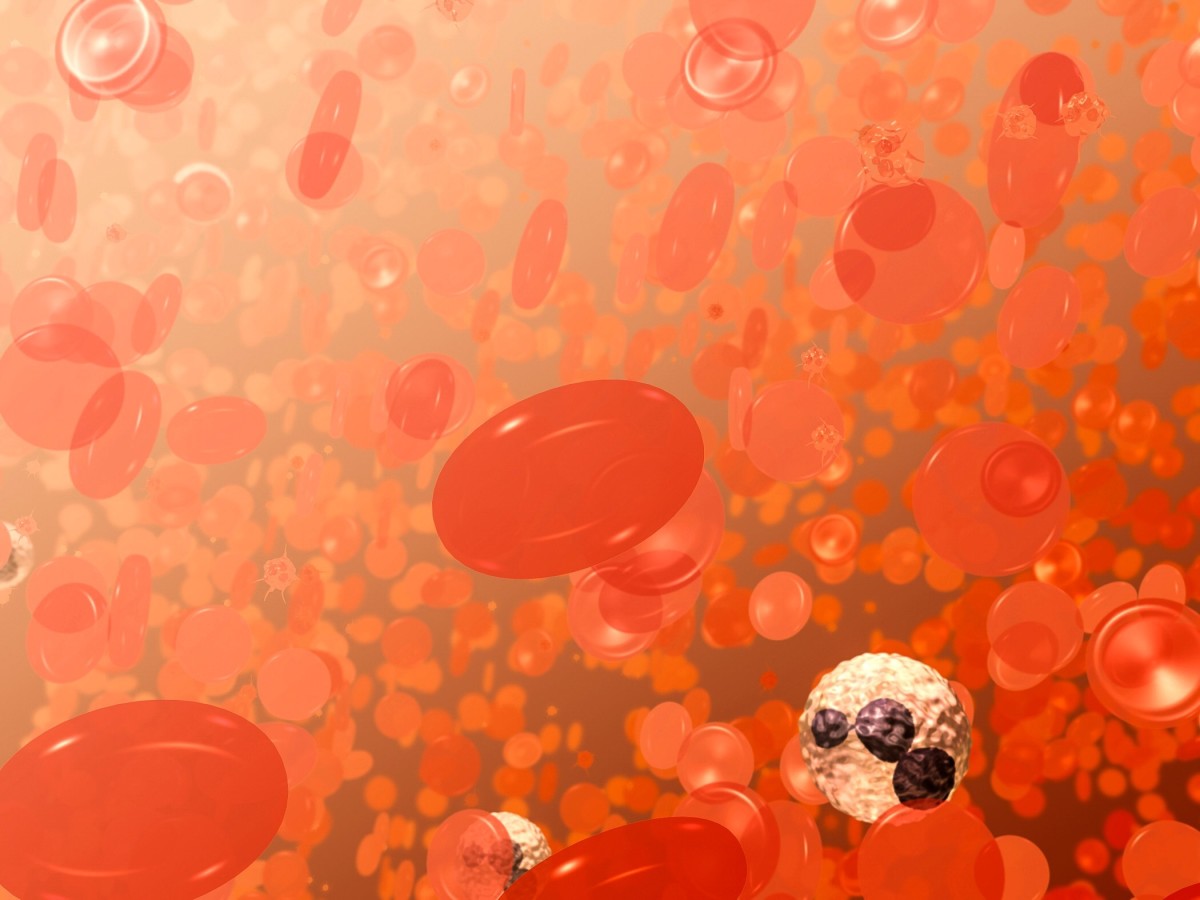What Is Tetanus?

Tetanus is a serious infection and disease of the nervous system in which a bacterial toxin causes severe muscle spasms. It is also known as ‘lockjaw'.
The bacterial infection occurs when wounds are contaminated with bacillus, clostridium tetani, which is found everywhere but which is most likely to be present in street dirt. It is an amoebic bacillus, that is, one that lives without oxygen. When introduced into the human tissue, usually at the time of an injury, it can multiply where the oxygen is deficient.
This occurs both in deep, penetrating wounds and in crushing wounds with extensive tissue destruction. As the bacillus multiplies, large amounts of exotoxins are released into the surrounding tissues.
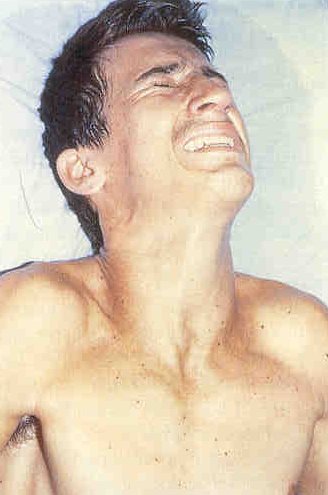
Symptoms
The incubation period varies from two weeks to several months. But generally it is about two weeks. The first symptoms are usually headache and depression. These are followed by difficulty in swallowing and in opening the jaw. Stiffness of the neck develops and gradually a spasm in the cheek muscles sets the face in a peculiar sardonic grin. Eventually the spasms spread to other muscles of the body.

Treatment
Treatment, besides cleaning the wound, involves eliminating the bacilli, both surgically and with the help of antibiotics, neutralizing the exotoxins, reducing muscle spasm and supporting and aiding respiration.
Although about 60 per cent of all cases are fatal, active immunization before an injury, with periodic re-immunization or booster injections is extremely effective. Tetanus rarely occurs in people who are immunized. Supplementary booster injections should be given one year after completion of the primary immunization and every five to ten years thereafter.

